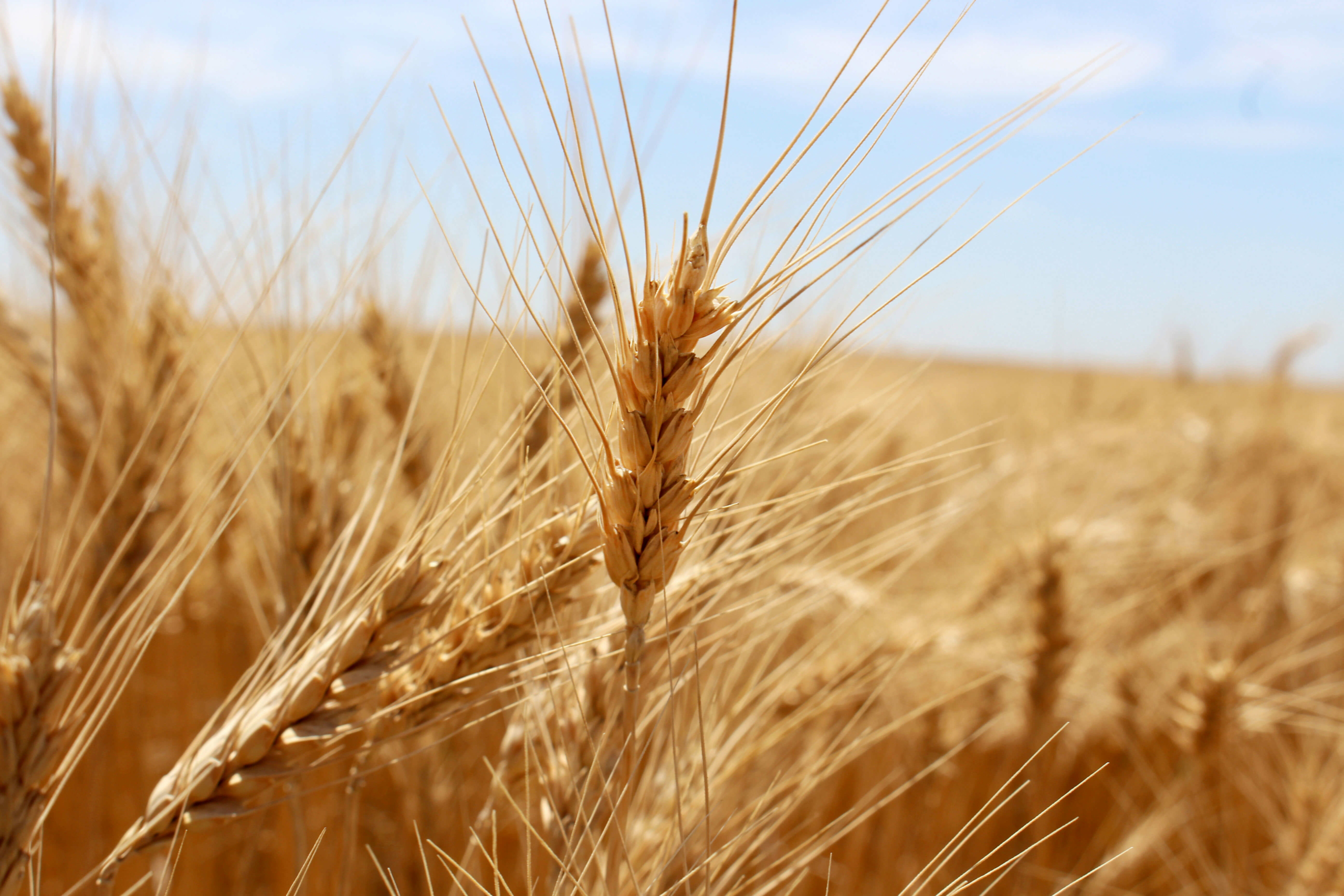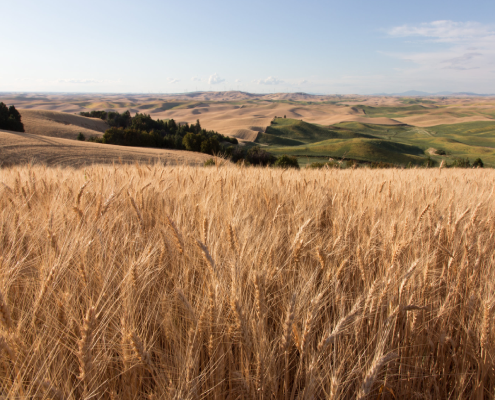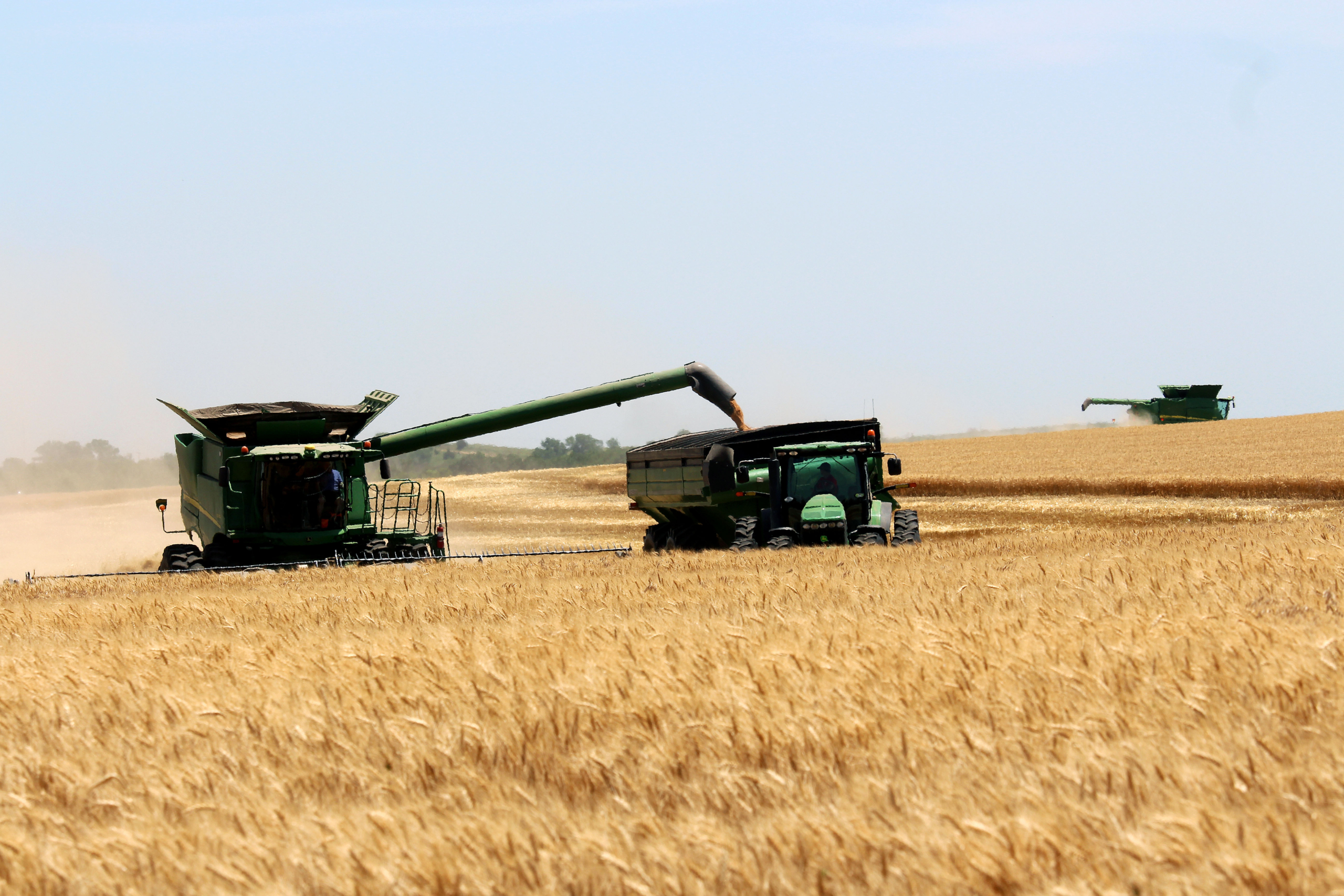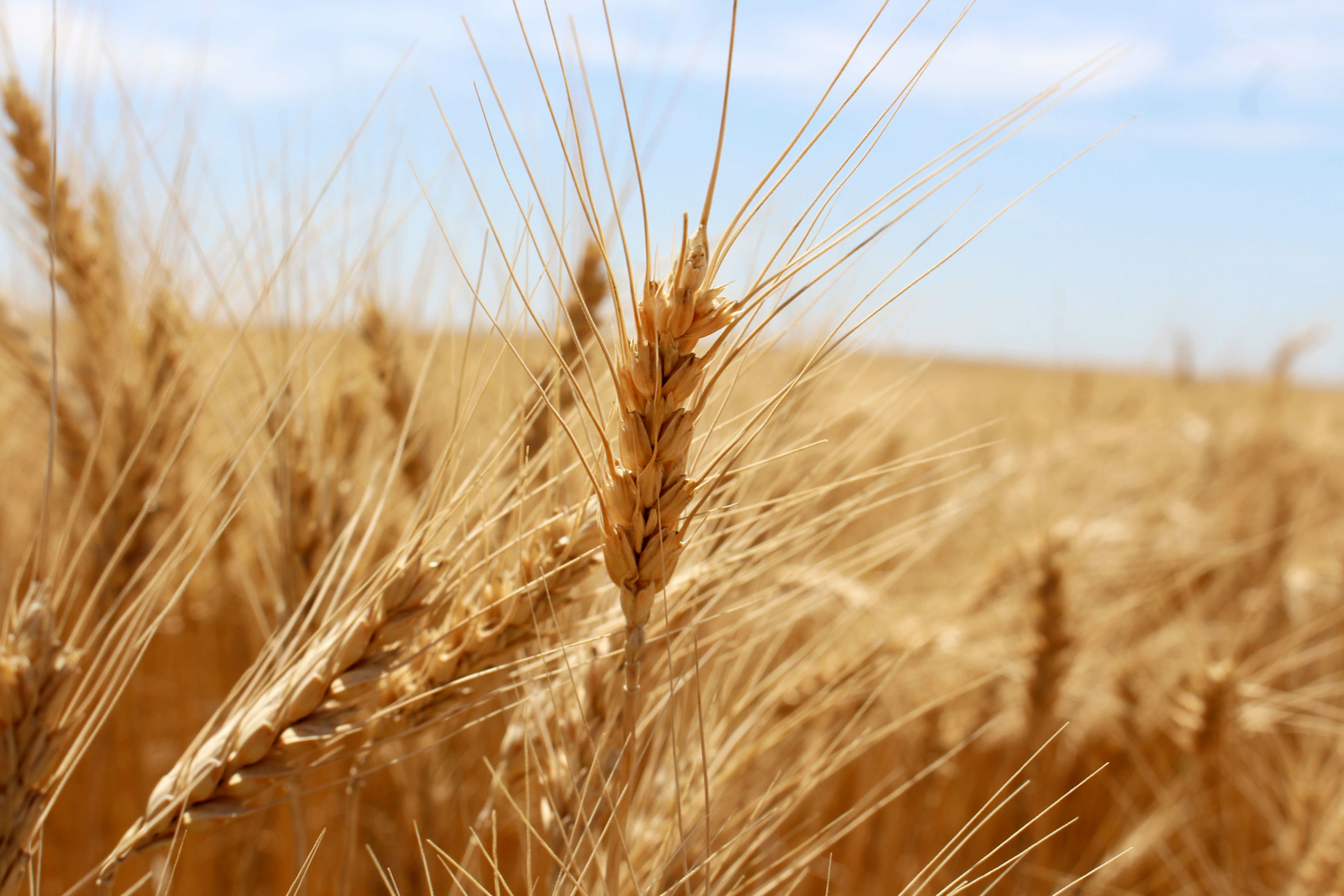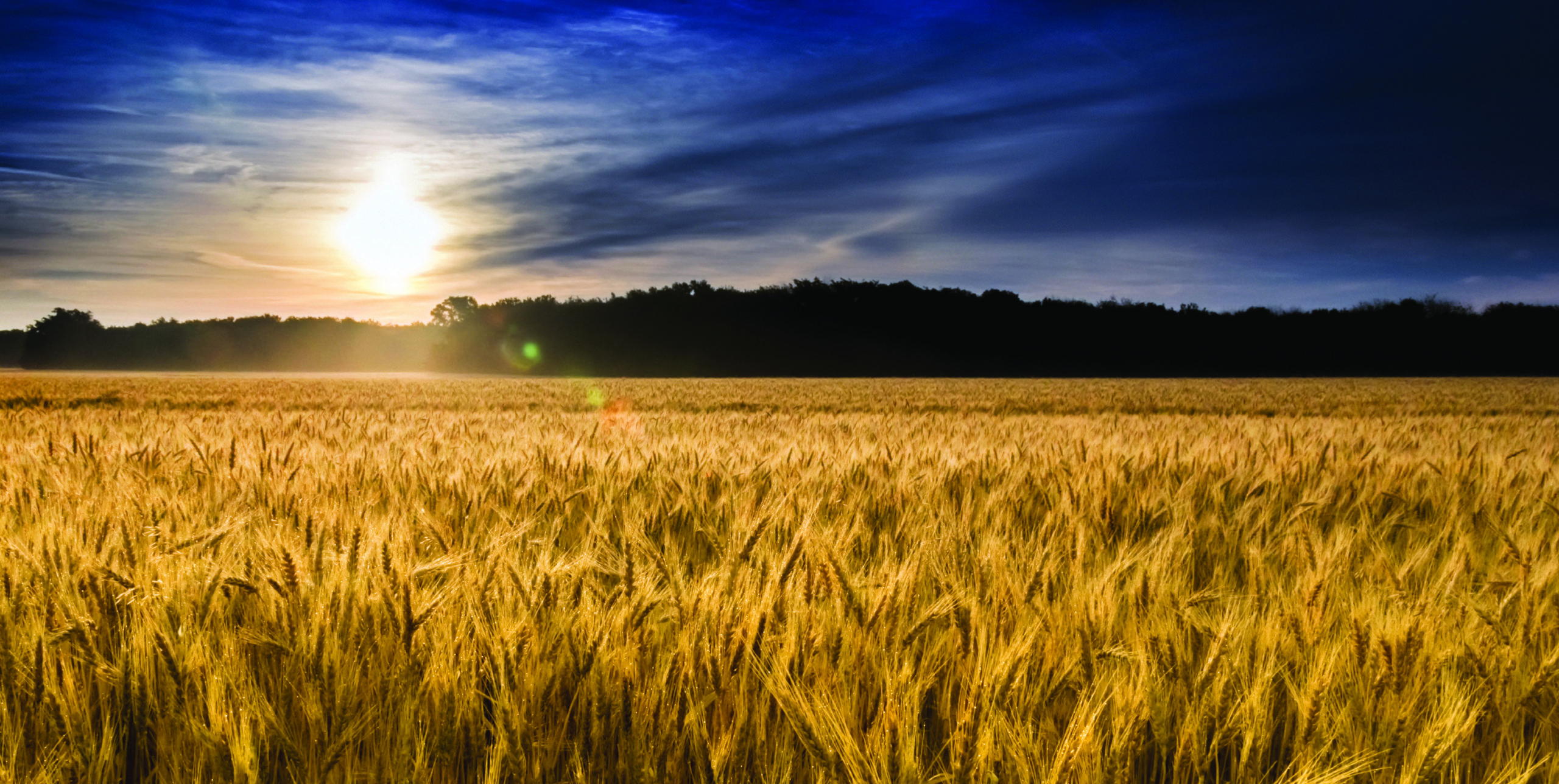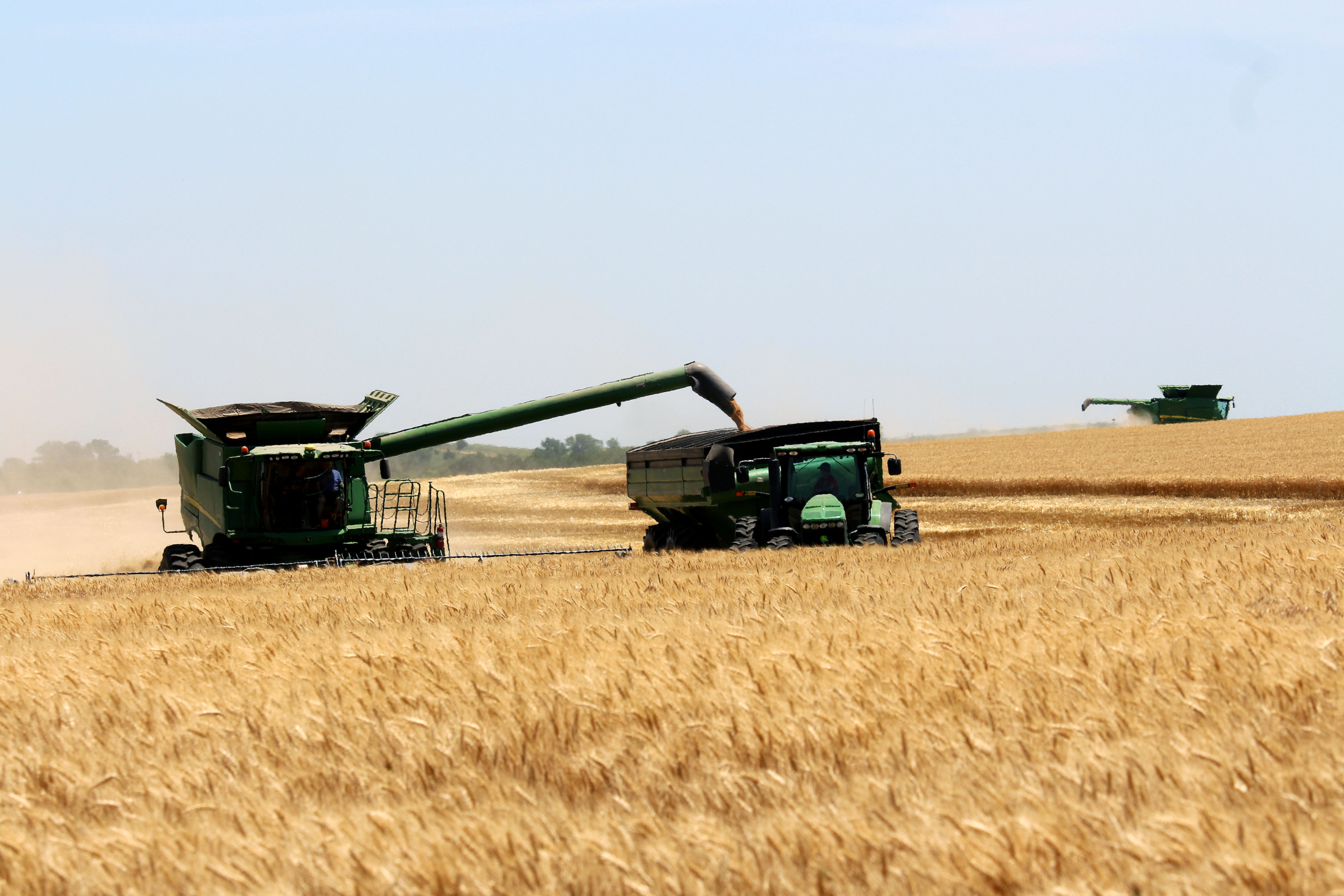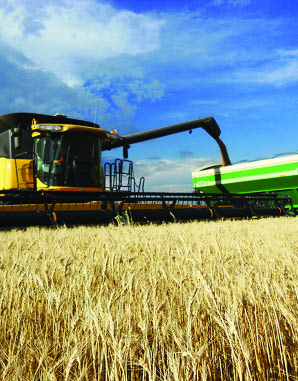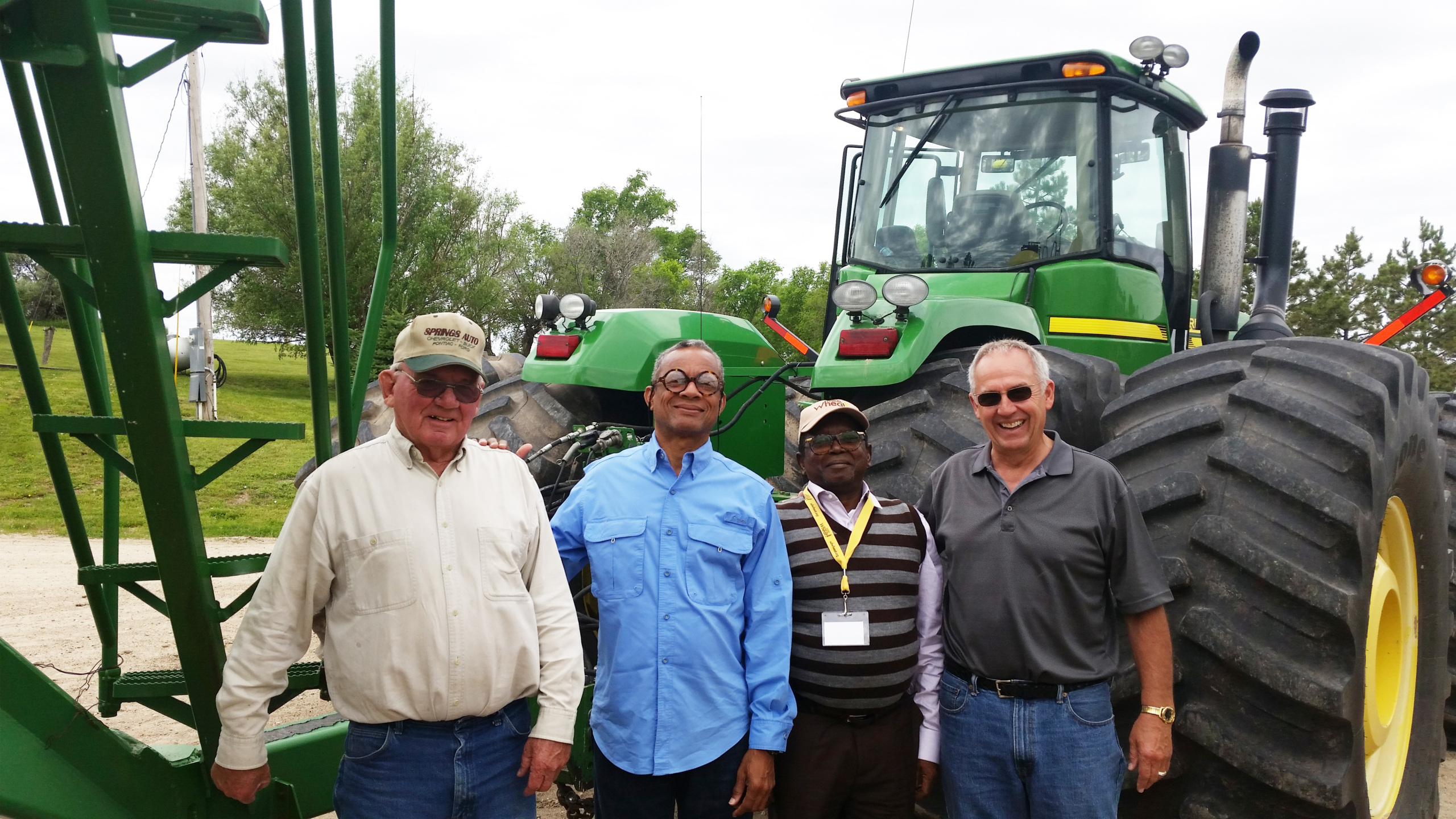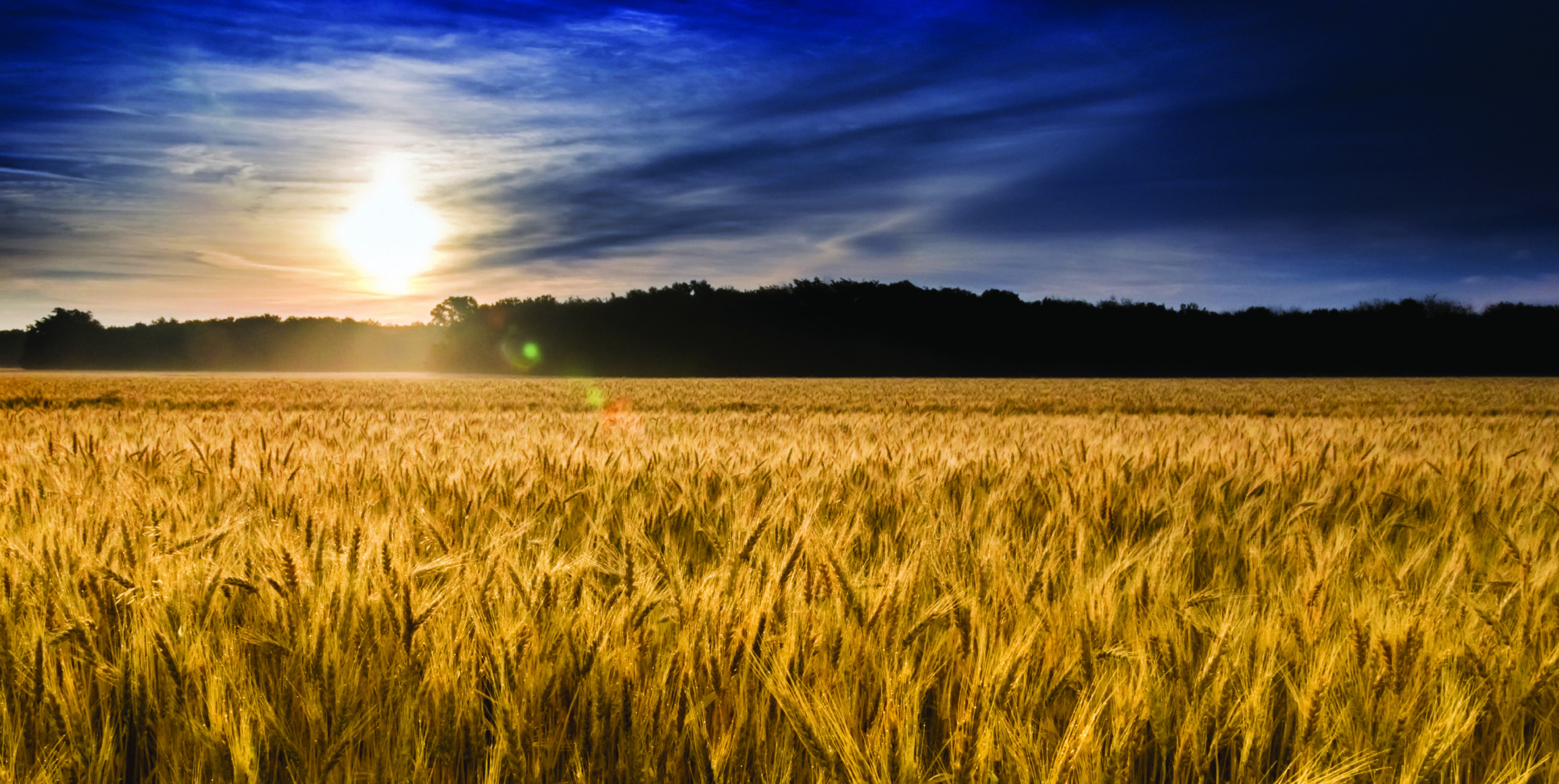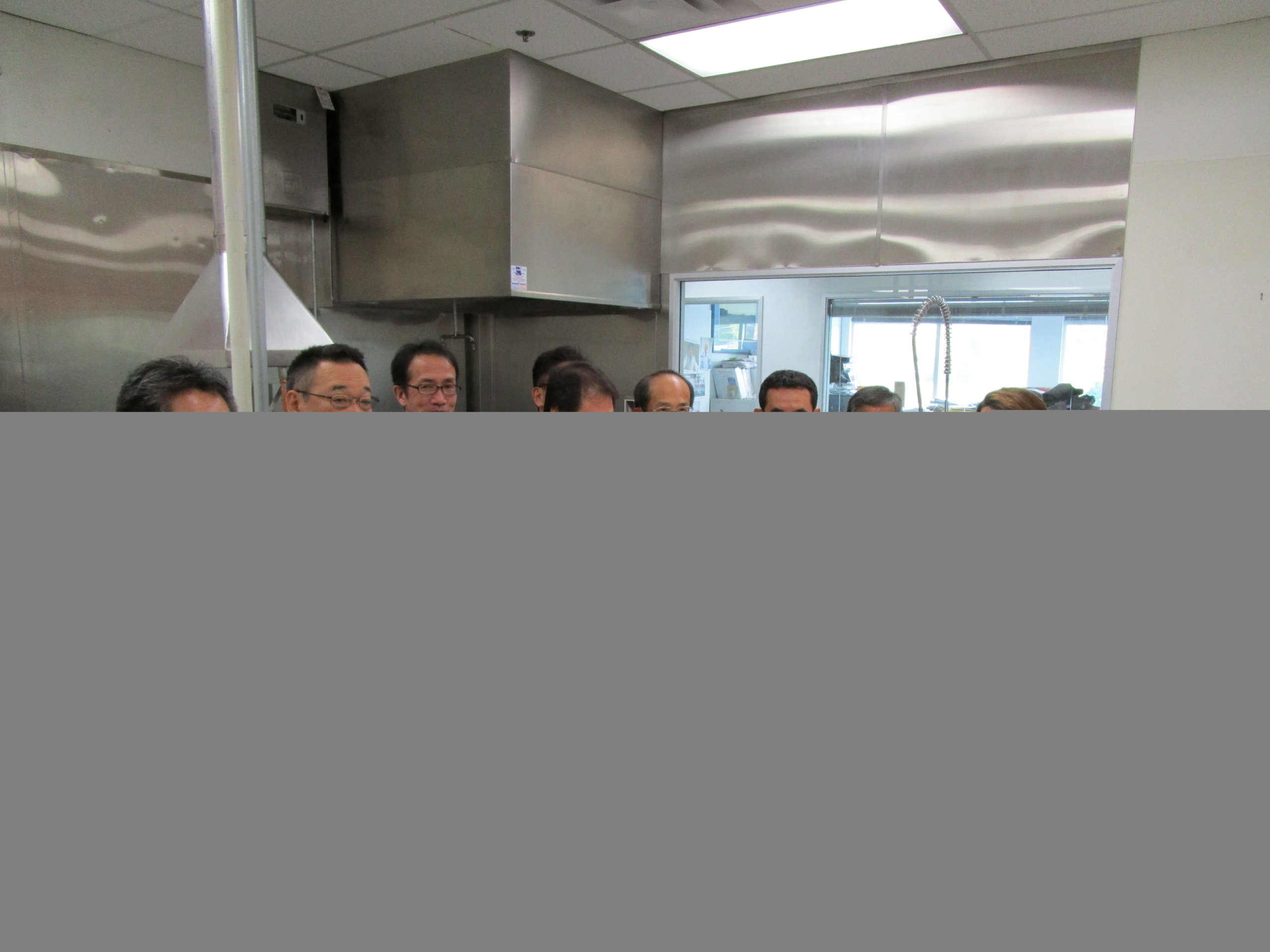ARLINGTON, Virginia — It makes sense that Caribbean countries import most of their wheat from its nearby neighbor, the United States, but changes in the milling industry present new opportunities to reach even more markets in the region. Four current and potential wheat buyers from Guyana, Haiti, St. Vincent and Trinidad will travel the week of Aug. 16 to visit North Dakota, Nebraska, Kansas and Louisiana to learn more about U.S. wheat quality and its supply system. U.S. Wheat Associates (USW) is sponsoring this team visit in cooperation with its state wheat commission members and USDA’s Foreign Agricultural Service (FAS).
“These are senior managers in their milling operations, but they are either new to the industry or have a history of purchasing wheat from competing origins,” said Chad Weigand, USW assistant regional manager, Mexico City, Mexico, who will travel with the team. “The farmers, wheat merchandizers and federal grain inspectors the millers will meet on this trip will share many reasons why U.S. wheat should be their primary supply.”
Weigand said this visit supports an opportunity for growth and to overcome challenges in the region from new flour mills. The team includes a representative from a new mill in Haiti that started operating only in the past year, as well as a manager from St. Vincent whose mill will soon have to compete with a new mill on the island of St. Lucia that will likely use French wheat. His participation will allow him to discuss opportunities with suppliers to ship to multiple destinations in the Caribbean.
“Building knowledge and confidence in the U.S. supply system has been a successful strategy,” Weigand said. “We invited the general manager of a Trinidad flour mill who has been in the industry for just one year to participate in the team. And, based on several years of trade and technical service by USW, the Guyana executive on the team is transitioning to U.S. hard red spring (HRS) after purchasing Canadian spring wheat for many years.”
Weigand also noted that this will be the first USW-sponsored wheat buyer team to visit the new export grain terminal in the Port of Lake Charles, LA, now operated by the international commodities company Tradiverse. The Lake Charles facility, which includes a grain cleaning system, is the first new export terminal built in the U.S. Gulf tributary in 30 years.
USW is the industry’s market development organization working in more than 100 countries. Its mission is to “develop, maintain, and expand international markets to enhance the profitability of U.S. wheat producers and their customers.” USW activities are made possible through producer checkoff dollars managed by 19 state wheat commissions and cost-share funding provided by USDA’s Foreign Agricultural Service (FAS).
# # #
Nondiscrimination and Alternate Means of Communications
U.S. Wheat Associates prohibits discrimination in all its programs and activities on the basis of race, color, religion, national origin, gender, marital or family status, age, disability, political beliefs or sexual orientation. Persons with disabilities who require alternative means for communication of program information (Braille, large print, audiotape, etc.) should contact U.S. Wheat Associates at 202-463-0999 (TDD/TTY – 800-877-8339, or from outside the United States – +1-605-331-4923). To file a complaint of discrimination, write to Vice President of Finance, U.S. Wheat Associates, 3103 10th Street, North, Arlington, VA 22201, or call 202-463-0999. U.S. Wheat Associates is an equal opportunity provider and employer.

